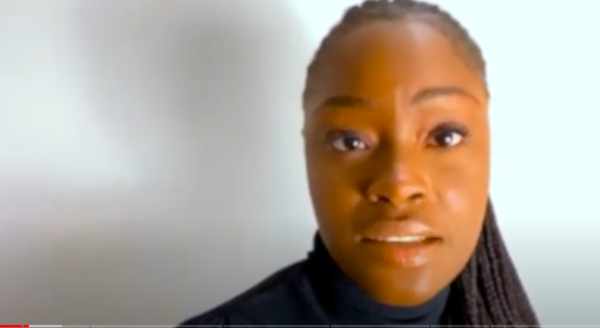It seems no facet of Black American life is safe from disparity. There are inequities in employment, health care, housing, education. Not even Black social media influencers can escape discrimination from brands as a study recently released reveals that Black content creators earn considerably less than white creatives.

Published by the public relations firm MSL U.S. in partnership with The Influencer League, “Time to Face the Influencer Pay Gap” compares and analyzes social media followings, brand deals, and annual income of influencers of varying races.
“Issues of systematic injustice have plagued Influencer marketing for years — and been largely ignored for far too long,” Diana Littman, the CEO of MSL U.S., said in a statement. “Our research shines a spotlight on the present state of influencer marketing and charts the path forward for both the agency and our industry.”
The report reveals that there was a 35 percent wage difference between white and Black influencers. The pay gap between other minority groups and white influencers was 29 percent. For instance, 77 percent of Black creators fell in the nano or micro-influencer with an average income of $27,000, while 23 percent have followings surpassing 100,000 followers. These content creators can earn more than $100,000 annually.
Black Influencers Respond
The study follows the work of influencers such as Adesuwa Ajayi, who created an Instagram account @influencerpaygap, highlighting the inequalities existing within the influencer community. Since the page was established in July 2020, it has grown to more than 60,000 followers. Content creators send Ajayi information concerning their brand deals and any disparity that exists for others within the industry.
An estimated 49 percent of Black influencers surveyed believe race plays a role in their receiving less pay than their white counterparts.
“Hopefully we get to a point where brands can be held accountable,” Ajayi told Business Insider.
Not only have brand inequities caused Black content creators to speak out, they are also sharing their experiences with racism on social media. While 59 percent believe that responding to racial unrest and social justice initiatives will have a negative impact on their business, some are not afraid to speak out.
In August 2021, Black TikTok creators believed the platform’s algorithm censored their content, showing an “undertone of anti-blackness.”
In July, Black TikTok creators went on strike complaining that they are often not credited nor do they receive equal rewards for their creativity. White creators are at times credited and earn money for dances, or example, choreographed by Black creators.
Solutions for Influencer Inequities
Although disparities and discriminatory practices are present, many believe the problem can be solved as 92 percent of respondents believe that transparency would help end influencer pay.
Researchers argue that strategic sponsorships and education; increasing pay transparency and allowing nonwhite influencers the opportunity to help restructure marketing initiatives.




